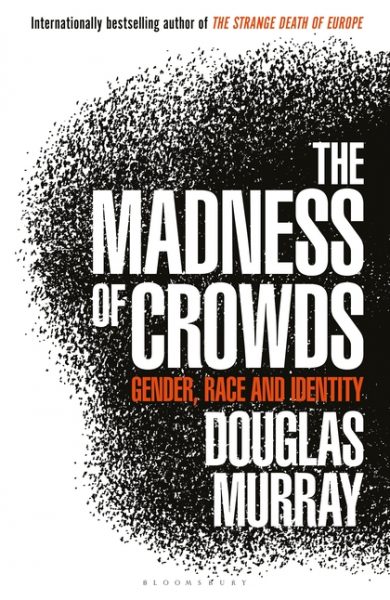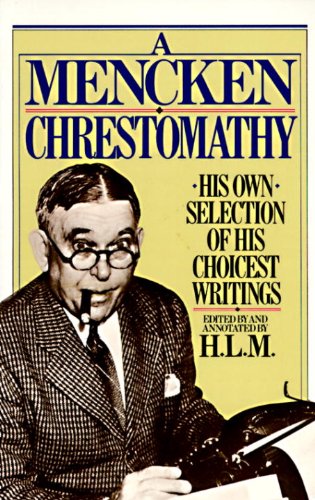It’s a corker:
I’ve never reviewed a book before, and I fully intend to follow my editor’s advice and be as impartial as possible. But just to make it clear from the outset, Douglas Murray’s The Madness of Crowds is an abomination. It’s a sustained invective against woke culture, an attempt to reverse all the hard work of passionate civil rights activists such as Rosa Parks, Mahatma Gandhi and Lily Allen.
It’s essentially an Alt-right handbook, and I don’t think it’s too much to suggest that every copy ought to be incinerated. Preferably in a public square or something so that we can all see what happens when fascists try to spread their wicked ideology.
For the best part of 300 pages Murray spews his hateful bile – on white paper, no less – denouncing social justice, identity politics and intersectionality. Even the font has a certain heteronormative quality about it. He rails against “millennial snowflakes” who all “identify as attack helicopters” and how “you can’t say anything anymore” and that “you can go to prison for singing the national anthem these days”. I mean, he doesn’t actually write any of these words, but we all know that’s what he’s thinking.
The book is divided into four sections: “Gay”, “Women”, “Race” and “Trans”. These are all wonderful subjects – coincidentally, they also happen to be the names of my tropical fish – and so it is heart-breaking to see such noble ideas befouled in Murray’s grubby paws.
Needless to say, the last thing the world needs right now is yet another book by a straight white cis male. I’m told that Murray claims to be gay, but as journalist Jim Downs said of gay entrepreneur Peter Thiel after he appeared at the Republican National Convention, he “is an example of a man who has sex with other men, but not a gay man”. The idea that you can be gay and have conservative opinions is absurd. It was the same with Kanye West, who gave up being black once he’d put on that MAGA hat.
Murray seems to believe that, as a society, we have gone “through the crash barrier” (a typically male Top Gear-style analogy) and messed everything up through our supposedly divisive obsessions with race, gender and sexuality. “It is a curiosity of the age,” Murray writes, “that after the situation appears at the very least to be better than it ever was, it is presented as though it has never been worse”. What the hell would he know? As an ecosexual vegan intersectional feminist, I am surely better qualified than anyone to understand that ours is the most oppressive society on earth.






